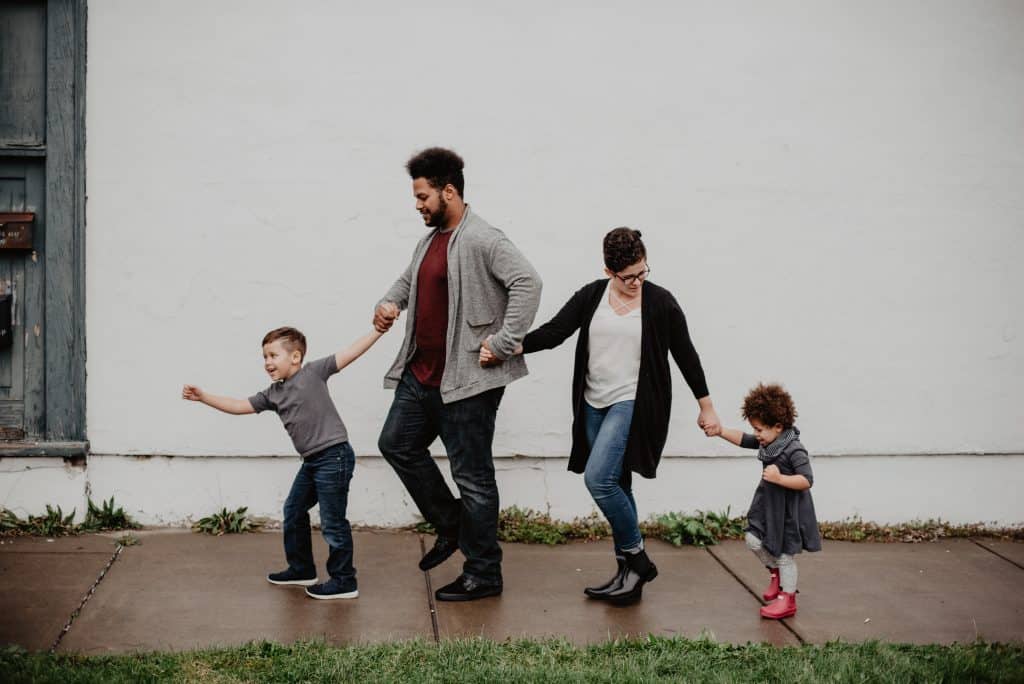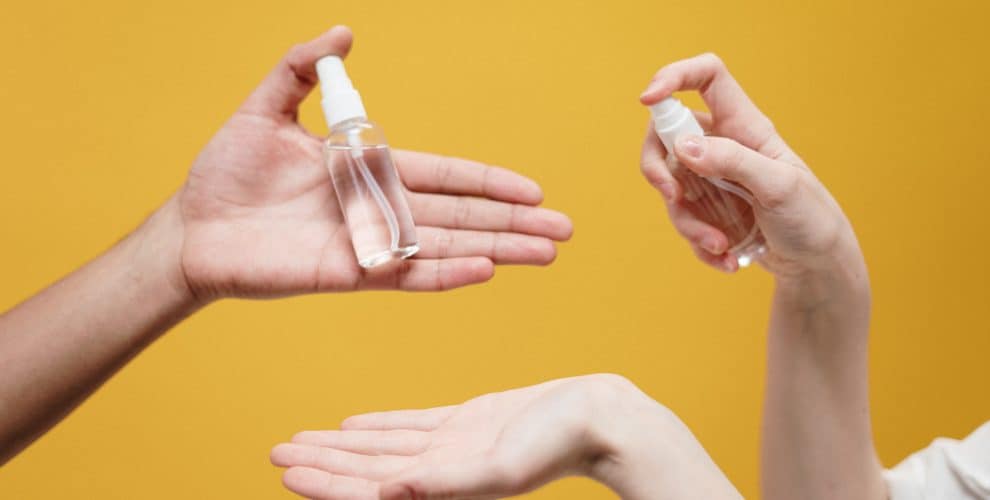News of the Coronavirus is everywhere. It has become overwhelming for many adults and children alike. Adults are listening to and deciphering daily updates heard on the news and adjusting to many changes in their own lives; from juggling work and remote learning with their children, job loss and worries about keeping their families safe. It is natural for children to pick up on these changes and worries. It is also natural for children young and older, to rely on parents for information and reassurance, that is all okay. So, what do you say to your child, and how do you relieve their anxiety, especially when you may be feeling anxious yourself?
How Do I Begin?
Like all parenting talks, it is best to start with the child’s current knowledge and understanding, as this will differ with age. In doing so, you can gauge what level of detail you need to give and correct any false beliefs they may have. For a young child who may not be aware of what is happening, you only need remind them of good hygiene practices and when to be washing their hands, without introducing any new fear. For older children, take your lead from their questions, being careful to keep your responses calm and truthful.

How Much Information Should I Include?
Do not minimize or avoid any concerns they may have, but try and find a balance between answering the question with age appropriate information, and without fueling further anxiety. Watch their reactions and be sensitive to their level of anxiety. Be mindful not to catastrophise, especially if you are feeling a little overwhelmed yourself, and be careful not to impose any adult worries on the child, eg. financial. Focus on helping your child feel safe and be truthful, whilst answering the questions they raise. Their questions will be your guide as to what to discuss and when. You may have several conversations throughout this period, so just address the questions as they arise, making sure that you are present with your child when answering them, rather than answering ‘on the run.’ If you do not know the answer to a question, then say so, and tell them you will find out.
What If My Child Doesn’t Ask About Coronavirus, Should I Bring It Up?
Yes. If your child is aware of what is happening, then you should raise the topic with them asking firstly, what do you know and understand? Not talking about it can make children worry more. Especially young children whose imagination is not balanced with reasoning, therefore, worries can build into fear more easily. Be mindful too, of your quiet teenager who may be internalising worries.
What If I’m Scared and Anxious?
Children pick up on our stress and worries and it is natural to have them, especially at times like this when so much has and is changing, so it is okay to be worried and concerned. However, try and implement your own stress relieving strategies, whether it be going for a walk when overwhelmed, listening to music, playing with the dog or your child, talking to a friend/family member, or just taking a minute for yourself if you can. It is important for your child to know, that as parents, it is our job to deal with worries and it is their job as children, to just continue being themselves. In other words, there is no need for them to be worried too. A good reminder for us all at present is, ‘this too shall pass.’ So don’t forget to breathe, take a moment to put the worry into perspective, step back from the worry if possible and look for the way forward. Try not to become stuck in an endless worry cycle and catastrophise the concern. ‘I will worry about it when/if it happens,’ is another good mantra to have now. Talk to your children about their questions and concerns when you are in a calm, relaxed state.

Help Your Child Feel In Control
Feeling in control is the fastest way to deal with anxiety or worry, as anxiety often arises from fear of the unknown, or things we can’t control. Try and keep your usual routines as best as possible, or create new ones, especially around remote learning. Give your child specific things they can do to feel in control and stay healthy. For example, explain the importance of proper hand washing and sleep in staying healthy, and point out the things you and the community are doing to keep safe. Let them know that there are many scientists working to develop a vaccine, and that the Government and state leaders are working on ways to keep the community safe.
What If My Child Is Worried About Dying?
If your child has seen news stories, they are likely to be aware of the statistics, especially from some of the overseas countries where the infection and death rates have been worryingly high. Children who have spoken to me over these last few weeks have been largely concerned about older family members, as they are aware that these are the most vulnerable in our society. Letting your child call, Skype or Facetime their grandparents will help reassure your child that they are doing all they can to stay safe, and therefore, are safe. Put the news stories in context and point out the low death rate in Australia compared to other countries, explaining the reasons why ours are lower. If your child is worried that they themselves may die, explain to them that it is uncommon for a child to become ill with Coronavirus.
Keep The Conversation Going
It is important to keep checking in with your child and monitoring their anxiety and worries. Answer any new questions they may have, and continue to reassure them that whilst we don’t know how long we will be living with the changes Coronavirus brings, it will all come to an end eventually, and there will be many positive changes that come from this period of time. There are positives in all negatives. Use this opportunity to discuss what some of the positives are. For example, the world environment is benefiting from the reduction in pollution in our atmosphere. Spend some time with your child googling the positive changes that will arise, and use this as an opportunity to teach that there are positives in all negatives. A great way to build an element of resilience!

I Am Here To Help
If you are concerned that you or your child is overly anxious or worried, then please get in touch. Fiona can be contacted via email: counsellor@oakleighgrammar.vic.edu.au
She will arrange a time to speak with you or your child via phone or Skype where appropriate. Fiona is always available to support your family in any way possible, whether it be with the challenges of Coronavirus, remote learning, anxiety or parenting.
You may also wish to seek support through:
Beyond Blue – 1300 22 4636
Kids Helpline – 1800 55 1800
Headspace Moorabbin – 9076 9400








